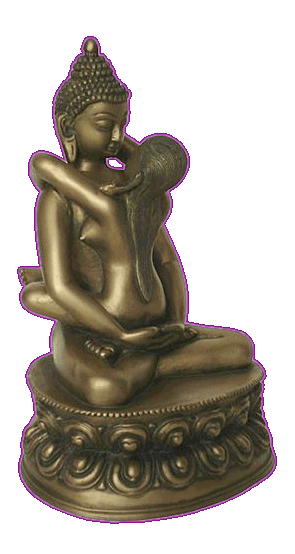The Sacred Taboo

Is it, then, possible to celebrate the union of Heaven and Earth in a religion which has consistently held that sexual love is disgusting? Not only disgusting, but profoundly sinful except between married couples for the sole purpose of reproduction. One must be careful of jumping to superficial conclusions in trying to understand Christian attitudes to sex. For there is a sense in which Christianity is the religion about sex, and in which sex plays a more important role even than in Priapism or Tantric Yoga. In any Christian milieu the subject of sex is extremely touchy; it is what embarrasses most easily, what is surrounded with the most rigid rules of conduct, and what arouses the most unintelligent emotions. This indicates not only a deep preoccupation with sex, but also the direction in which we must look for basic understanding of Christianity as a whole and the mystery that lies at its heart. On the surface, almost all forms of Christianity seem to be militantly prudish...


